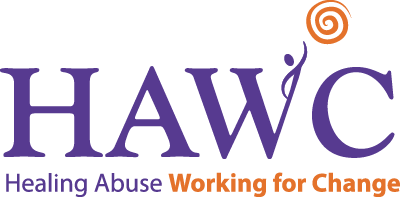Seek support
In stressful times, you can find peace by talking to people who support you. Share your situation with others so that you can gain perspective, create plans, and feel comforted. This supportive community can also help you rehearse escape routes and store extra money, clothing, or car keys if you must escape quickly in the future.
Be kind to yourself
Think about what you might say to a friend or loved one who is experiencing abuse: You are important, and you deserve to be treated with dignity. Practice self-care by taking showers, getting rest, staying hydrated, feeding yourself, and talking to friends. Increase feelings of self-worth and independence by taking classes at a community college or honing your job skills, if possible.
Set small goals
Deciding to leave a relationship feels overwhelming. But remember: leaving an abusive relationship means gradually taking back control of your life. Right now, you do not need to do anything that makes you uncomfortable. Instead, take small steps so that you do feel ready when you leave. For example:
- Make a list of important phone numbers to keep and share with your children. This list should include numbers for the local police station and hospital, HAWC hotline, and any friend or family member whom you trust to call in an emergency.
- Call HAWC’s hotline at 1-800-547-1649 and get support or learn more about How HAWC Can Help.
- Research where you can go in an emergency.
- Open an individual bank account, or remove your name from other accounts.
By exploring HAWC’s website, you’re already making progress protecting yourself and your family! Celebrate these small victories.
Consider filing a protective order
To prevent future abuse, all 50 states and the District of Columbia have statutes for some form of protection order. Protective orders may prohibit abusers from contacting or disturbing survivors, order abusers to stay away from survivors and their homes or jobs, require abusers to move out of a home they share with survivors, demand that abusers surrender firearms, or instruct abusers to attend counseling.
Several individuals can be included in protective orders, and special provisions may be made allowing peaceful, limited contact for custody conversations.These orders last typically one to five years, with the option for a survivor to renew the order. You can file a protection order with your local court. To assist anyone seeking a protection order, HAWC has free, trauma-informed advocates stationed at courts. You can also call HAWC’s 24-Hour Hotline for more legal support.
If the Violence Escalates
Make safe spaces
Protect yourself during violent incidents by recognizing abusive patterns beforehand and identifying safe hiding spaces in your home that are far away from any potential weapons. If violence appears unavoidable, make yourself a small target. Dive into a corner, curl up into a ball, and protect your face and head with your arms. Do not wear scarves or long jewelry.In calm moments between violence, locate a physical place where you can feel safe and relaxed.
Collect evidence
After violent incidents occur, calm periods can convince survivors that the abuse has stopped. If possible, record all abusive incidents in a journal, noting date, events, and threats. If injured, see a doctor and have them document the visit. Print and save all harassing emails, texts, and voicemails with their headings that show date and account information. By collecting evidence, you can avoid any denial from the abuser that might stop you from getting help. You can also use these documents later as proof in court.
1-800-547-1649

